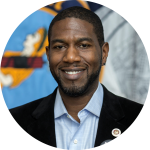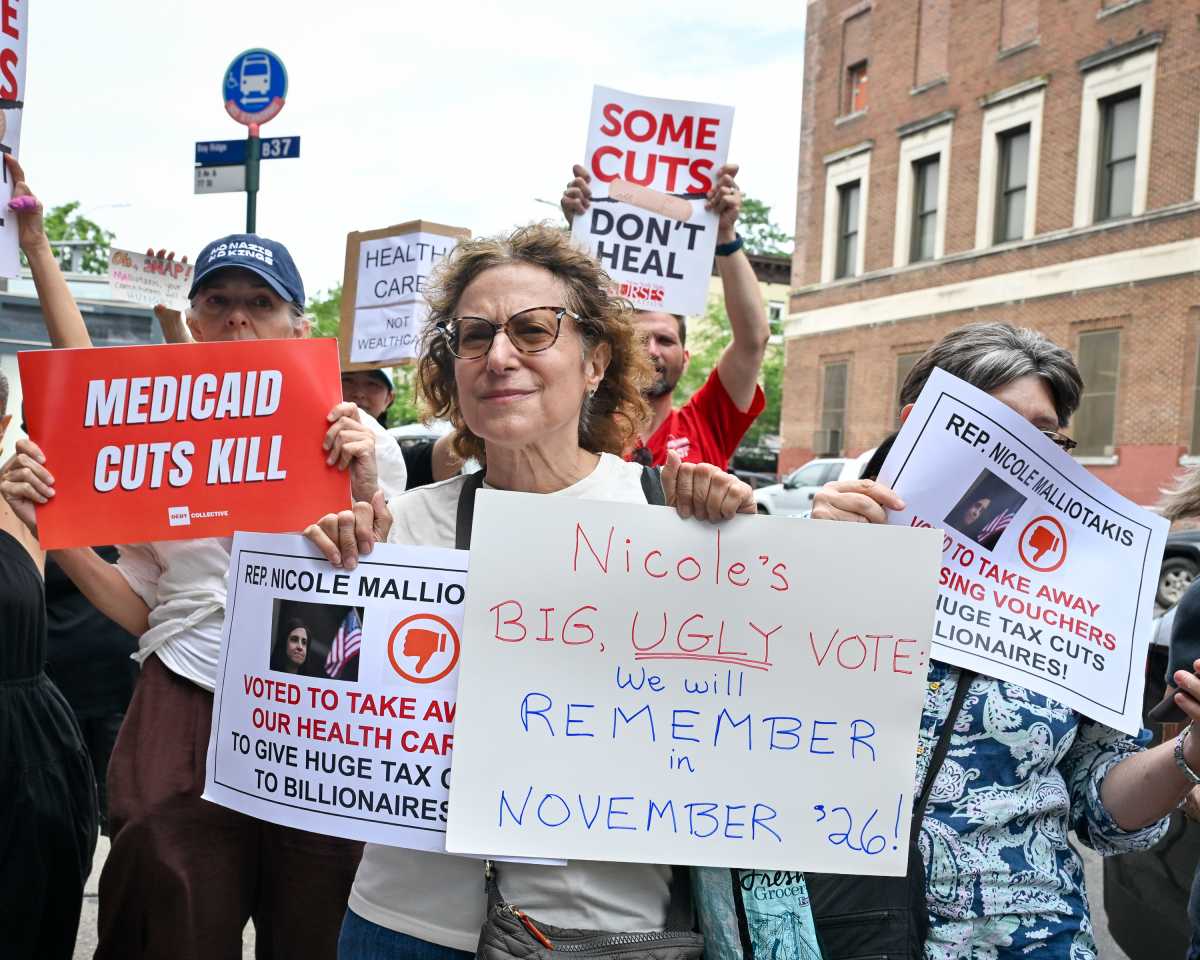Just as the city moves away from stop-and-frisk it may now be moving into the brave new social credit world of stopping and governing people or groups of people based on their algorithms.

That after Mayor Bill de Blasio yesterday signed an Executive Order establishing an Algorithms Management and Policy Officer within the Mayor’s Office of Operations.
In layman’s terms, an algorithm is a set of steps that are followed to complete a task. Computers use algorithms to make decisions efficiently with little oversight. As data becomes easier to obtain, agencies are increasingly relying on algorithms to turn large swaths of data into a near-complete picture of any given issue.
The Algorithms Management and Policy Officer will develop guidelines and best practices to assist City agencies in their use of tools or systems that rely on algorithms and related technologies to support decision-making.
As part of that effort, the officer and their personnel support will develop processes for agency reporting and provide resources that will help the public learn more about how New York City government uses algorithms to make decisions and deliver services.
The creation of a department specializing in algorithm policy within the Office of the Mayor speaks to an important shift in what tools are being used to govern.
“Fairness and equity are central to improving the lives of New Yorkers,” said de Blasio. “With every new technology comes added responsibility, and I look forward to welcoming an Algorithms Management and Policy Officer to my team to ensure the tools we use to make decisions are fair and transparent.”

The Algorithms department will play a number of roles as a centralized resource on algorithm policy, especially in providing much-needed oversight while developing guidelines and best practices to assist city agencies in their use of algorithms to make decisions. The city hopes the new office will promote equity, fairness and accountability.


But Public Advocate Jumaane Williams and City Council Member Brad Lander (D-Cobble Hill, Carroll Gardens, Columbia Waterfront, Gowanus, Park Slope, Windsor Terrace, Borough Park, Kensington) expressed a wariness into the possible overuse of algorithms as a tool to govern similar to how stop-and-frisk has been subject to New York City Police Department overuse.
While the lawmakers acknowledge that data dictates nearly every aspect of constituent lives they also say, “Data-driven decision-making has the power to totally transform how the government allocates resources and serves people, for better or for worse.”
“We know from our work fighting to pass the Community Safety Act that structures for oversight and accountability are critical to reforming ingrained patterns in our policing. That’s why we are so disappointed to learn that under the new reporting requirements, law enforcement officials would have the potential ability to exempt certain data without specific justifiable cause,” Williams and Lander said in a joint statement.
Williams and Lander argue that biased data has contributed to years of racially discriminatory policing, such as the stop-and-frisk policy. They welcome the new department, but see an opportunity to improve the policy.
“[The Algorithm office] can ensure that we are taking seriously the need for transparency and accountability in how algorithms work, what data they use to make decisions, and how they impact people. There cannot be an exemption for law enforcement, so we ask the administration to provide clarification and necessary change,” they said.
This is an opportunity for the new department to help the public learn more about how New York City government uses algorithms to make decisions and deliver services.










